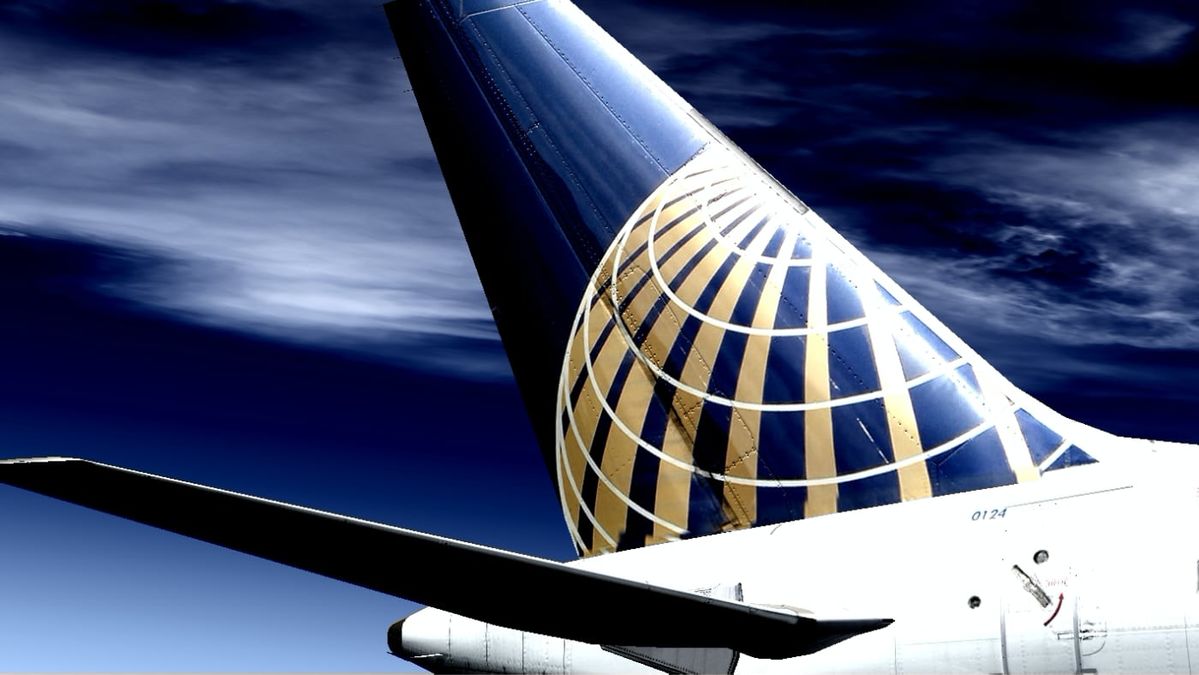How United took a $7bn loan against its frequent flyer scheme
Here's a new way for airlines to tap one of their most powerful assets for much-needed cash.

United Airlines plans to raise US$5 billion by borrowing against its frequent flyer program, pioneering a new tool for carriers to boost liquidity amid the Covid-19 pandemic. The sales pitch? Those miles are a safer bet than the actual airline.
The deal, which is expected to close by the end of July, gives the carrier more financial firepower while allowing it to keep control over its MileagePlus customer loyalty program which the airline established in 1981.
A group of banks led by Goldman Sachs plans to offload the debt to investors through an offering of leveraged loans and secured bonds that could be completed before the July 4 holiday in the U.S., according to a person with knowledge of the matter who asked not to be named because they’re not authorized to speak publicly.
Having agreed to provide US$5 billion of loans to United in exchange for a claim on MileagePlus, the banks must now convince investors to buy into the idea even as hundreds of planes sit idle on tarmac amid a collapse in travel demand.
The debt will be issued through bankruptcy-remote entities that United created to house the mileage program, and which is separate from the United's core operations.
MileagePlus derived 71% of its cash flow in 2019 from third parties such as credit card companies that award miles to their clients, according to a company presentation. Miles earned by United passengers from flights accounted for the remaining 29%.
Miles a safe bet, even in troubled times
United said revenue for its mileage program has been resilient during downturns when its own performance has declined. During the 2008-2009 recession, revenue for MileagePlus fell by 2%, compared to a 19% drop for the company as a whole, according to the presentation. United valued its MileagePlus program at around US$22 billion, almost double its current market capitalization of $11.7 billion.
Because the financing is structured in a way that protects MileagePlus from the rest of United and contains provisions that prioritize debt repayment, the offering is expected to receive ratings that are higher than those of United. The company is rated two notches below investment grade by Moody’s Investors Service and three steps below by S&P Global Ratings and Fitch Ratings.
A representative for Goldman Sachs declined to comment. A representative for United didn’t respond to requests for comment.
Using rewards programs as collateral instead of aircraft makes more sense in the current environment, said Helane Becker, an analyst at Cowen & Co. Many of the used jets that airlines have parked may have to be written down, given the current low demand for air travel. But the loyalty programs are “very valuable and are not going away; in fact they continue to increase in value,” she said.
Points and planes are cash-creating assets
Airlines have traditionally disclosed few financial details of their loyalty programs, including their primary source of revenue – selling miles to banks that then use them to reward customer credit card use.
United valued its MileagePlus in the US$20 billion range. American Airlines said last week that third-party appraisals have valued its AAdvantage program at between $19.5 billion and $31.5 billion.
A “significant portion” would be pledged for the government loan under the U.S. Cares Act, American said in a regulatory filing. The company has said it expects to reach an agreement by June 30. American is also working with Citigroup on a potential junk bond offering that may be secured by collateral including airport slots and gates, Bloomberg News reported.
Other airlines have sought to monetize their miles in the past. Avianca, one of the largest airlines in Latin America, mortgaged its LifeMiles program in 2017.
When the carrier filed for Chapter 11 bankruptcy last month, LifeMiles was spared. But Moody’s downgraded the debt to seven levels below investment-grade on expectations that LifeMiles would be temporarily hurt by the pandemic through its impact on consumer spending, traveling and economic growth.
This article is published under license from Bloomberg Media: the original article can be viewed here

Etihad - Etihad Guest
19 Mar 2018
Total posts 68
I expect United to pull a Delta, and outsource flying to its most reliable foreign partners.
Due to a prevailing strength in the domestic economy, it is getting too expensive to keep FAs in the USA on pointless seniority titles. I thought USA was a free country that favours the brave. It's unbecoming of employees to receive higher pay and position just because they are older and not necessarily more productive nor experienced.
Frontier, Spirit, JetBlue, Southwest cabin crews... The odds are stacked against them and still many manage to pull a smile on a dime and even make money for the company. They make United, American and Delta crews look downright greedy.
There's no love lost tho. Apparently USA is aiming at a population explosion from ethnicities which are more Catholic-focused like Korea, the rest of the Americas. Apparently Catholicism in the West means families have 3 to 4 children instead of one for some reason.
Hi Guest, join in the discussion on How United took a $7bn loan against its frequent flyer scheme